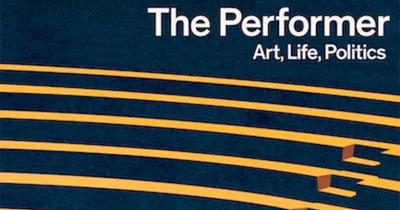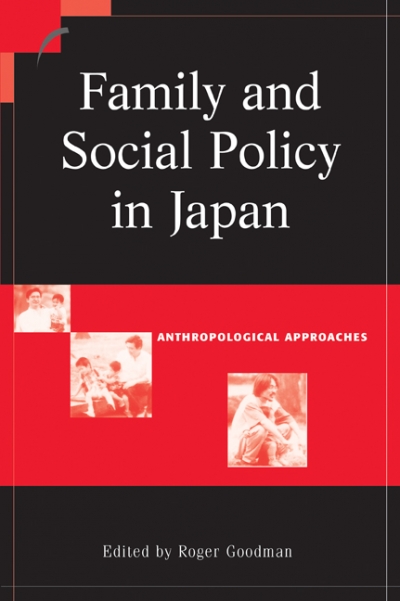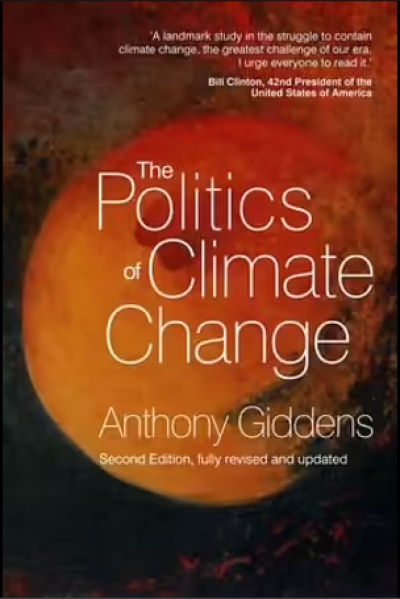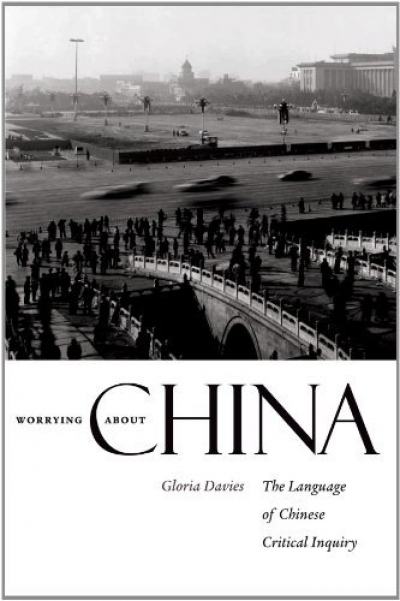Sociology
Eurowhiteness: Culture, empire and race in the European project by Hans Kundnani
by Clinton Fernandes •
Family and Social Policy in Japan edited by Roger Goodman & Feminism in Modern Japan by Vera Mackie
by Chilla Bulbeck •
Lines of Descent: W.E.B. Du Bois and the emergence of identity by Kwame Anthony Appiah
by Luke Horton •
Mothers and Others: The evolutionary origins of mutual understanding by Sarah Blaffer Hrdy
by Michael Gilding •
In Search of Civilization: Remaking a tarnished idea by John Armstrong
by Tamas Pataki •










